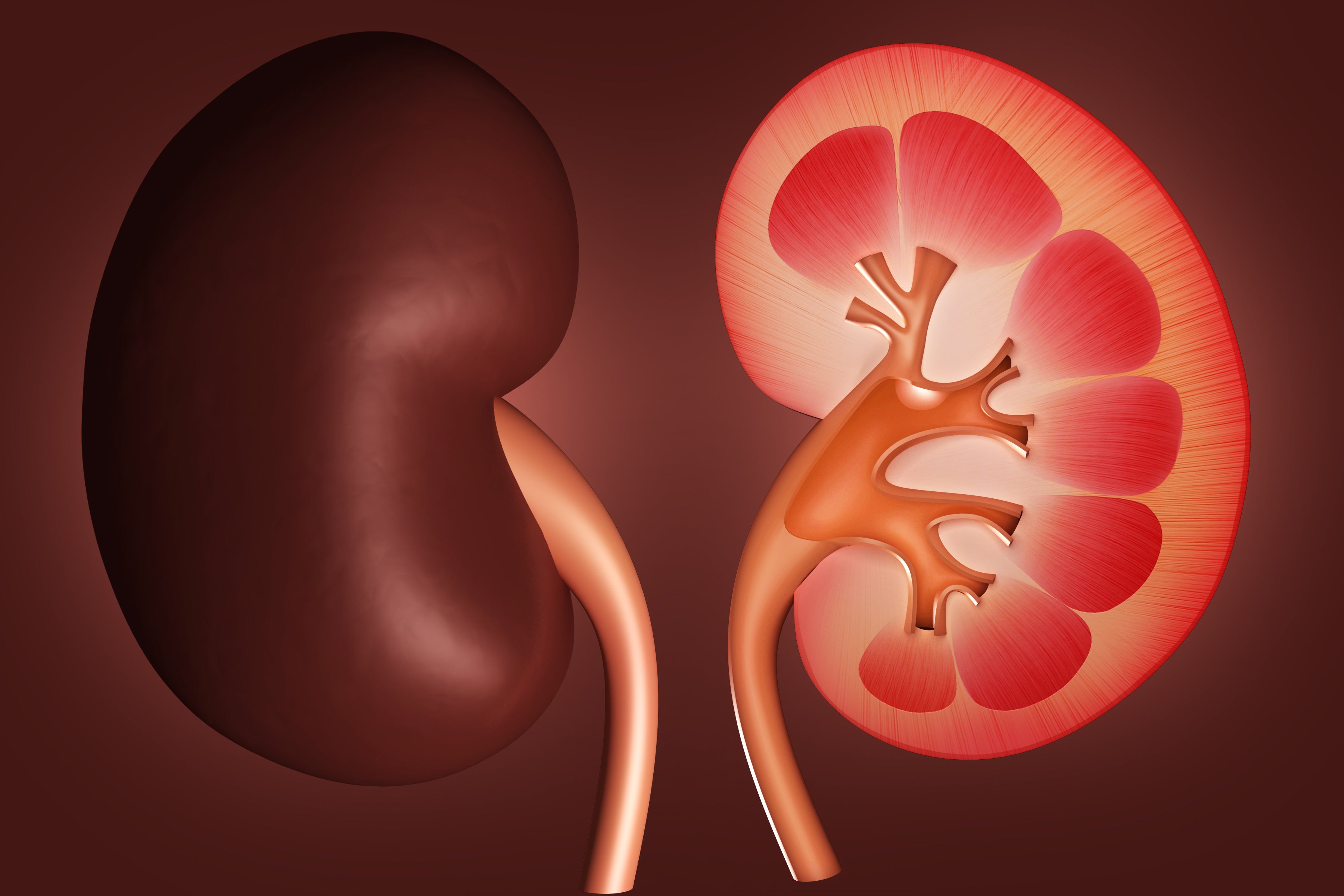March 02, 2018
There are different tests that healthcare professionals use to measure kidney function. Overall, these blood and urine tests are used to find out how well your kidneys are working, check for signs of kidney disease, and look for any changes in a person’s kidney health over time. The earlier kidney disease is found, the better the chance of slowing or stopping it from getting worse.
Serum Creatinine (sCr)
A serum creatinine test measures the amount of creatinine in your blood. Creatinine is a waste product that is produced from the normal wear and tear on muscles in your body. Waste products like creatinine are filtered out of the blood by healthy kidneys and leave your body in your urine. If your kidneys are not working as well as they should, then the amount of creatinine in your blood can increase. Therefore, measuring the amount of creatinine in your blood (serum creatinine, or sCr) is used to check kidney function (a creatinine urine test can also be used to measure creatinine in your urine). A sCr level of greater than 1.2 for women and greater than 1.4 for men may be an early sign that the kidneys are not working well. However, the “normal” creatinine level can depend on your age, race, gender, and body size. What is considered high for one person might be normal for another.
Join the NKF Blog Newsletter
Get inspirational stories and kidney disease resources delivered to your inbox every month. You'll gain practical insights and expert advice to help you better understand and manage your kidney health no matter where you are on your kidney journey. Subscribe today.
Estimated Glomerular Filtration Rate (eGFR)
Estimated glomerular filtration rate (eGFR) is calculated using serum creatinine and other factors, such as age and gender. This measurement accounts for the possible differences in creatinine levels between people, in order to find out the correct level of kidney function. In other words, eGFR measurements can help account for certain differences between people that measuring sCr alone does not. However, normal eGFR can still vary, mainly according to age (it can decrease as you get older). The normal value for eGFR is 90 or above. An eGFR below 60 is a sign that the kidneys are not working well. Once the eGFR decreases below 15, one is at high risk for needing treatment for kidney failure, such as dialysis or a kidney transplant.
Albumin-to-Creatinine Ratio (ACR)
Albumin-to-creatinine ratio (ACR) is a urine test to see how well your kidneys are working. First, the amount of albumin in your urine is measured. Albumin is the most common type of protein found in your urine. Higher amounts of albumin in the urine can be a sign that your kidneys are not working as well as they should. ACR is calculated by dividing the amount of urine albumin by the amount of urine creatinine. Albuminuria means that there is more albumin in the urine than there should be, which means the kidneys can be damaged. An ACR below 30 is considered normal. An ACR between 30-300 means you have moderately increased albuminuria. An ACR above 300 means you have severely increased albuminuria.
Blood Urea Nitrogen (BUN)
Blood urea nitrogen (BUN) is a blood test that is also used to test how well your kidneys are working. Urea nitrogen comes from the breakdown of protein in the foods you eat. Normally, nitrogen in the blood binds to other wastes that are filtered by the kidneys and leave your body in your urine. The BUN test measures the amount of urea nitrogen in your blood. If your kidneys are not working as well as they should, then the amount of urea nitrogen can be higher. A normal BUN level is between 7 and 20. As kidney function decreases, the BUN level can rise. However, there are other causes of a high BUN that may not mean that there is a problem with your kidneys. For example, certain medications such as prednisone, or tetracycline antibiotics can cause such increases. Bleeding in the stomach and intestines can also cause BUN to rise. It is therefore important for your healthcare professional to discuss these factors with you.









